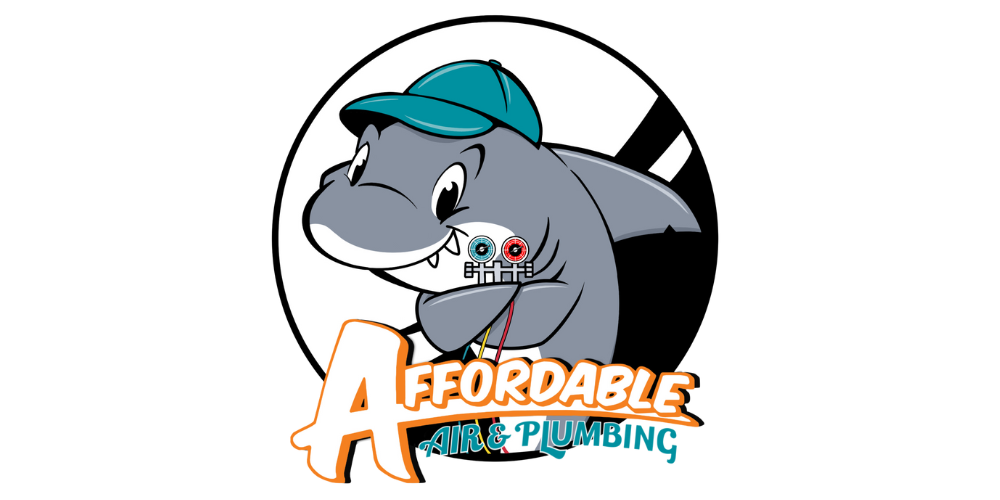Signs You Need HVAC Repair: Don't Ignore These Red Flags
Your HVAC (Heating, Ventilation, and Air Conditioning) system is crucial for maintaining comfort in your home throughout the year. However, like any other appliance, it requires regular maintenance and can experience issues over time. Ignoring the signs of HVAC trouble can lead to more significant problems and costly repairs. Here are some key signs that indicate your HVAC system needs repair.
Unusual Noises
HVAC systems typically operate quietly. If you start hearing unusual noises such as banging, clanking, squealing, or grinding, it’s a clear sign something is wrong. These noises could indicate loose components, motor issues, or other mechanical problems that need immediate attention.
Inconsistent Temperatures
If some rooms in your home are significantly warmer or cooler than others, your HVAC system might be struggling to distribute air evenly. This can be due to ductwork issues, a failing thermostat, or problems within the HVAC unit itself.
Weak Airflow
Weak or limited airflow from your vents could indicate a blockage or damage in the ductwork. It might also signal that the blower motor is failing or that the air filter is clogged and needs replacement.
Foul Odors
Unpleasant smells emanating from your HVAC system could be due to mold or mildew growth within the ducts or the unit. This is not only a sign of a mechanical issue but also a potential health hazard that requires prompt attention.
Frequent Cycling
If your HVAC system is constantly turning on and off (cycling) without reaching the desired temperature, it could be a sign of an oversized unit, a malfunctioning thermostat, or other underlying issues. Frequent cycling can lead to increased wear and tear on your system.
High Energy Bills
A sudden spike in your energy bills without a corresponding increase in usage typically indicates that your HVAC system is working harder than it should. This inefficiency could be due to a variety of issues, including dirty filters, duct leaks, or aging components.
Poor Indoor Air Quality
If you notice an increase in dust, allergens, or humidity levels in your home, your HVAC system might not be effectively filtering and circulating air. This can be due to clogged filters, dirty coils, or inadequate ventilation.
Water Leaks
Moisture or water pooling around your HVAC unit is a clear sign of trouble. It could indicate a clogged drain line, a refrigerant leak, or other issues that, if left unaddressed, can lead to more severe damage.
Unresponsive Thermostat
If your thermostat is unresponsive or not accurately reflecting the temperature in your home, it could be due to electrical issues, outdated technology, or a need for recalibration.
Age of the System
While not a direct sign of immediate repair needs, the age of your HVAC system can be a strong indicator of potential problems. Most HVAC systems have a lifespan of 10-15 years. If yours is within or beyond this range, it’s more likely to experience frequent issues and may need replacement rather than repair.
What to Do If You Notice These Signs
If you detect any of these signs, it’s important to act quickly. Here’s what you should do:
Schedule a Professional Inspection: Contact a licensed HVAC technician to conduct a thorough inspection of your system. They can diagnose the problem and recommend appropriate repairs or maintenance.
Regular Maintenance: Ensure that you schedule regular maintenance for your HVAC system, typically once a year. This helps identify potential issues before they become major problems and keeps your system running efficiently.
Consider Upgrading: If your system is old and frequently breaking down, it might be more cost-effective to invest in a new, energy-efficient HVAC system. Modern systems offer better performance, improved energy efficiency, and advanced features.
Act Now to Prevent Costly HVAC Repairs Later
Your HVAC system is vital for maintaining a comfortable and healthy home environment. By paying attention to these warning signs and addressing issues promptly, you can avoid costly repairs and ensure your system operates efficiently for years to come. Regular maintenance and timely repairs are key to prolonging the life of your HVAC system and keeping your home comfortable year-round.

